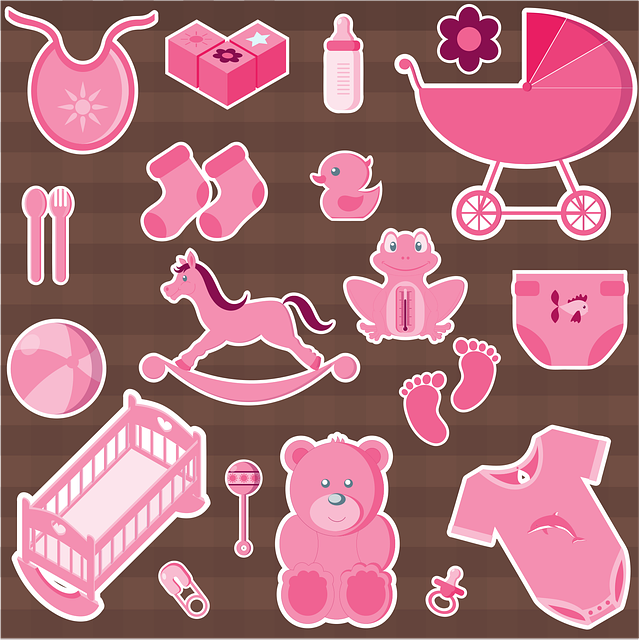“Navigating the path to recovery from Substance Use Disorder (SUD) can be challenging, but Alcohol Rehab Rockland County, New York, offers comprehensive solutions. Understanding SUD is the first step, and our guide provides a deep dive into this complex issue. We explore the critical role of early intervention in Rockland County, highlighting its impact on positive outcomes. Effective treatment approaches, from therapy to support groups, are discussed. Furthermore, we break down what to expect during rehab and emphasize the importance of aftercare for lasting recovery. Discover how these elements work together to empower individuals on their journey towards a substance-free life.”
- Understanding Substance Use Disorder: A Comprehensive Guide
- The Importance of Early Intervention in Rockland County
- Exploring Effective Treatment Approaches for Recovery
- Alcohol Rehab Programs: What to Expect During Your Stay
- Aftercare Support: Building a Lasting Life in Recovery
Understanding Substance Use Disorder: A Comprehensive Guide

Substance Use Disorder (SUD) is a complex condition that requires comprehensive understanding and support for successful recovery. It’s characterized by an impaired ability to control substance use, despite adverse social, occupational, or health consequences. SUD can manifest in various forms, including alcohol, opioid, and other drug dependencies. Recognizing the signs and symptoms is crucial; these may include physical cravings, loss of control over usage, negative impacts on daily life, and continued use despite harmful effects.
Treatment for SUD involves a multifaceted approach, often encompassing medical detox, behavioral therapies, support groups, and aftercare planning. At Alcohol Rehab Rockland County, New York, we offer a safe and supportive environment to help individuals navigate the recovery journey. Comprehensive guides like this one aim to educate folks about SUD, demystifying its intricacies and emphasizing the importance of professional assistance in achieving and maintaining long-term recovery.
The Importance of Early Intervention in Rockland County

Early intervention plays a pivotal role in facilitating successful substance use disorder recovery in Rockland County, New York. By identifying and addressing alcohol or drug abuse issues at an early stage, individuals can avoid the more severe consequences that often accompany prolonged substance misuse. This proactive approach is crucial in preventing the progression of addiction, which can lead to devastating effects on both personal and community levels.
In Rockland County, access to comprehensive assessment services and tailored treatment programs enables healthcare professionals to intervene during critical periods. Early identification allows for personalized support, including counseling, therapy, and medication-assisted treatment options, catering to the unique needs of each individual. These timely interventions enhance the likelihood of long-term recovery, as they address the root causes of substance abuse and equip individuals with coping mechanisms to manage their cravings and triggers effectively.
Exploring Effective Treatment Approaches for Recovery

Exploring Effective Treatment Approaches for Recovery in Alcohol Rehab Rockland County, New York, involves a multifaceted strategy tailored to address the complex nature of Substance Use Disorder (SUD). Beyond traditional therapy and medication-assisted treatment (MAT), many facilities incorporate holistic practices such as counseling sessions, group support meetings, and alternative therapies like yoga and meditation. These comprehensive approaches aim to heal not just the body but also the mind and spirit, fostering a deeper connection to oneself and others, which is crucial for maintaining long-term sobriety.
The success of recovery often hinges on individualized plans that cater to unique needs. For instance, cognitive-behavioral therapy (CBT) helps individuals identify and change negative thought patterns while teaching coping strategies for high-risk situations. In conjunction with MAT, which combines medications like buprenorphine or naltrexone with counseling, these treatments have shown significant promise in helping folks overcome addiction and build a fulfilling life free from substances.
Alcohol Rehab Programs: What to Expect During Your Stay

During your stay at Alcohol Rehab Rockland County, New York, you can expect a comprehensive and supportive environment dedicated to your substance use disorder recovery. The program typically includes a combination of individual therapy sessions, group counseling, educational workshops, and peer support groups. These activities aim to help you understand and address the underlying causes of your addiction while developing healthy coping mechanisms for long-term recovery.
The day-to-day experience varies but often involves structured routines with scheduled meetings throughout the day. You’ll learn about mindfulness techniques, participate in physical activities promoting well-being, and gain access to resources that support a life free from alcohol or drugs. The goal is to equip you with the skills and resilience needed to navigate challenges post-rehab, fostering sustainable recovery and improved quality of life.
Aftercare Support: Building a Lasting Life in Recovery

After completing an alcohol or substance use disorder (SUD) rehab program in Rockland County, New York, the real work begins—building and maintaining a life free from addiction. This crucial phase involves ongoing support and aftercare services that play a pivotal role in long-term recovery. Many individuals struggle with reintegration into society, facing challenges such as finding employment, rebuilding relationships, and avoiding triggers that could lead to relapse.
Aftercare programs offer a safety net during this transition. They may include individual or group therapy sessions, support groups, and life skills training. These initiatives empower individuals to cope with stress, manage cravings, and navigate the complexities of daily life in recovery. By providing a sense of community and purpose, aftercare support helps foster resilience, allowing those in recovery to thrive and maintain their newfound freedom from addiction.

